
Belantamab mafodotin plus pomalidomide and dexamethasone led to a median PFS of 32.6 months in patients with relapsed/refractory multiple myeloma.

Your AI-Trained Oncology Knowledge Connection!


Belantamab mafodotin plus pomalidomide and dexamethasone led to a median PFS of 32.6 months in patients with relapsed/refractory multiple myeloma.

Patients with squamous NSCLC who received ivonescimab plus chemotherapy as first-line treatment had delayed deterioration in global health status.

Across 20 patients with treatment-naive NSCLC enrolled in the eNRGy trial who received zenocutuzumab, the ORR was 35%, with a median DOR of 17.1 months.

Talquetamab plus teclistamab led to an ORR and CR or better rate of 79% and 53%, respectively, in multiple myeloma with true extramedullary disease.

Elevated LDH levels were associated with worse PFS and OS outcomes in patients with relapsed/refractory multiple myeloma treated with elranatamab.
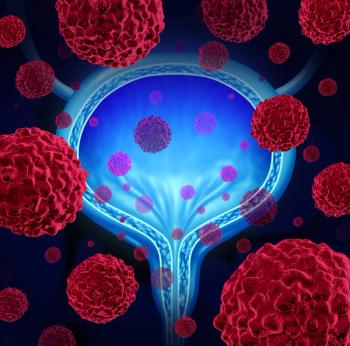
The intravesical MVR-T3911 treatment did not lead to any dose-limiting toxicities in patients with high-risk, BCG-unresponsive non-muscle invasive bladder cancer.
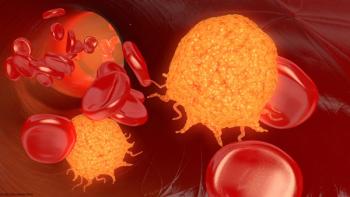
Olverembatinib plus low-intensity chemotherapy achieved an MRD-negativity rate in about 65% of patients with newly diagnosed Ph+ ALL.

Treatment with liso-cel led to complete responses in 55.8% of patients with marginal zone lymphoma who received at least 2 prior lines of systemic therapy.

Treatment with IGV-001 demonstrated a 45% increase in overall survival compared with standard of care in patients with newly diagnosed glioblastoma.
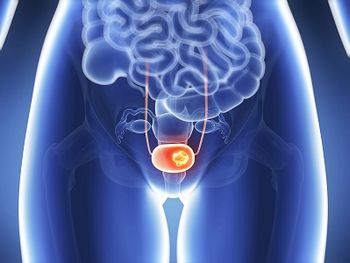
During treatment with TARA-002, there were no grade 3 or higher TRAEs, and TRAEs did not lead to any treatment discontinuations in patients with BCG-naïve NMIBC.

Data from a prospective study showed that the IsoPSA prostate cancer test outperformed total PSA and free PSA in men 50 years or older with elevated PSA level.

According to Daniel Peters, MD, the recent FDA approvals of revumenib and ziftomenib in AML are some of the most exciting developments in the field.

According to Rachel Greenup, MD, MPH, some of the barriers to getting optimal treatment for breast cancer include access, insurance, and baseline understanding or knowledge.
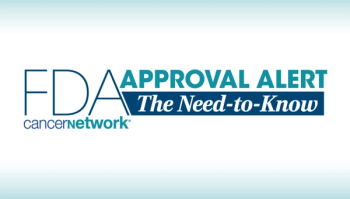
Results from MATTERHORN showed durvalumab plus FLOT improved EFS and OS compared with placebo plus FLOT in patients with gastric/GEJ cancers.

Results from the TRANSCEND NHL 001 trial showed that liso-cel achieved an ORR of 82.7% in patients with previously treated mantle cell lymphoma.

PAS-004 was deemed safe and tolerable when given in 37 mg capsules, so the trial will proceed to administer the agent in 45 mg capsules.

According to John Henson, MD, patients with ovarian, breast, endometrial, and colon cancers benefit the most from proactive hereditary analyses.

Fertility-sparing surgery showed comparable efficacy vs hysterectomy in early-stage cervical cancer, with a 5-year RFS rate of 92% vs 96.4%, respectively.

Results from the C-POST trial showed that cemiplimab improved DFS vs placebo in patients with CSCC at high risk of recurrence following surgery and radiation.

Zidesamtinib elicited positive activity in patients with advanced ROS1-positive NSCLC who previously received a ROS1 TKI in the phase 1/2 ARROS-1 trial.

Results from the SOHO-01 trial led to the approval of sevabertinib for patients with non-squamous NSCLC.

Among all patients with AML enrolled in the trial who received olutasidenib, the CR or CRh rate was 35%, with 55% of responders responding within 2 months.

Based on results from the ANDROMEDA study, the FDA has given traditional approval to daratumumab and hyaluronidase-fihj plus VCd in patients with newly diagnosed light chain amyloidosis.

Patients with ES-SCLC who had an ECOG performance status of 2 or 3 achieved ORRs of 52.4% and 45.5%, respectively, with the study treatment.

The median PFS for patients with ovarian cancer who received niraparib maintenance in the real-world setting was 25.7 months.

The 3-year DFS rate was 96.9% in patients who received sentinel-lymph node biopsy alone vs 94.6% in those who received lymphadenectomy.

A first-in-human phase 1/2 trial is evaluating the theranostic pair of ITM-91 and ITM-94 in patients with solid tumors.

According to Toru Kondo, PhD, EVA1-ADC is able to target glioblastoma-initiating cells while sparing normal cells and stem cells during treatment.

There is a lot of excitement among experts in the field of antibody-drug conjugates as new developments continue to come out in various disease states.
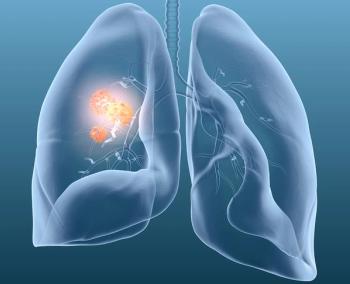
The Aliya PEF ablation procedure achieved local tumor control in 96% of patients and was well-tolerated with no delays to SOC therapy.